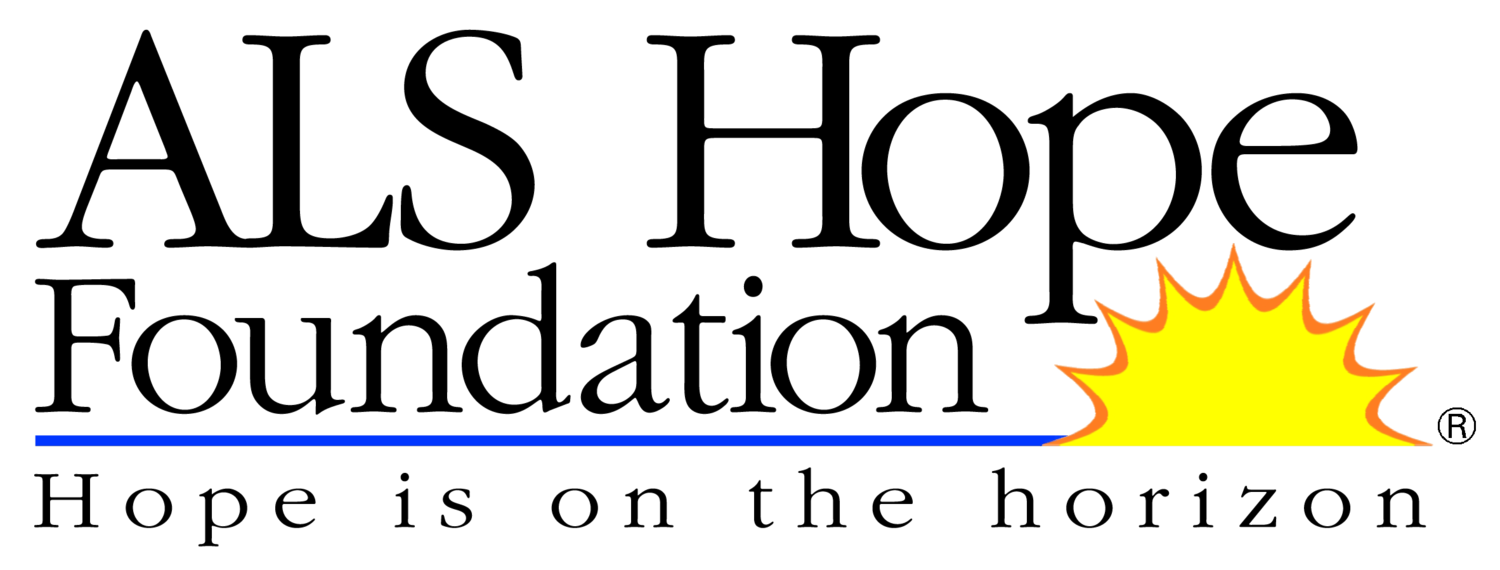Research Update October 2022
/There have been several announcements in the news recently in reference to treatments for ALS and we’d like to share them with you.
On September 30, 2022, the Food and Drug Administration approved Amylyx Pharmaceuticals Relyvrio (AMX0035) for the treatment of ALS. This drug is a combination of sodium phenylbutyrate and taurusodiol, two drugs that are synergistic and neuroprotective. The mechanism of action is directed at blocking cell death pathways that originate in the mitochondria and endoplasmic reticulum. The mitochondria are responsible for energy production and the endoplasmic reticulum is involved in protein production, modification and transport. When these cell components are damaged, as has been shown to happen in ALS, they cause oxidative stress and abnormal clumping of protein resulting in inflammation and cell death. In the Phase 2 trial (CENTAUR) along with the open label extension, AMX0035 slowed progression of disease and extended survival significantly. We will look forward to receiving information on what the procedure is to prescribe and when it will be available. We now have three drugs that can alter disease progression and affect survival in ALS—Riluzole, Radicava (IV and Oral), and Relyvrio. You may be asking which is the best and what should I take? The answer in short is all of them. ALS is a heterogeneous disease and there are multiple mechanisms that have been implicated to cause neuronal death. In any person one or another mechanism may be the predominant driver of disease but at this point, we do not have biomarkers or a way to tell in any one person what is driving the disease and thereby personalize the choice of medication or approach. These drugs each target a different mechanism –Riluzole likely targets glutamate excitotoxicity, Radicava oxidative stress, and Relyvrio cell death.
“Current therapeutic development in amyotrophic lateral sclerosis (ALS) relies on individual randomized clinical trials to test a specific investigational product in a single patient population. This approach has intrinsic limitations, including cost, time, and lack of flexibility. Adaptive platform trials represent a novel approach to investigate several interventions for a single disease in a continuous manner. Already in use in oncology, this approach is now being employed more often in neurology. Here, we describe a newly launched platform trial for ALS. The Healey ALS Platform Trial is testing multiple investigational products concurrently in people with ALS, with the goal of rapidly identifying novel treatments, biomarkers, and trial endpoints.”
Adaptive Platform Trials to Transform ALS Therapy Development.
Paganoni S, Berry JD, Quintana M, Macklin E, Saville BR, Detry MA, Chase M, Sherman A, Yu H, Drake K, Andrews J, Shefner J, Chibnik L, Vestrucci M, Cudkowicz ME; HEALEY ALS Platform Trial Study Group. Ann Neurol. 2021 Dec 21
It is because of this design that it is felt that we are getting answers to drugs effectiveness sooner. The results to date:
March 1, 2022 Zilucoplan arm stopped early for futility. The independent Data and Safety Monitoring Board (DSMB) recommended stopping the zilucoplan regimen in the HEALEY ALS Platform Trial after a pre-scheduled interim analysis demonstrated futility.
September 29, 2022 Healey & AMG Center announces results from the HEALEY ALS Platform Trial with verdiperstat. Verdiperstat "did not statistically differentiate from placebo on the pre-specified primary efficacy outcome, disease progression measured by the ALS Functional Rating Scale-Revised and survival, nor the key secondary efficacy measures during the 24-week study period.”
See the Webinar recording here.
October 3, 2022 Healey & AMG Center announces top line results in ALS platform trial with CMN-Au8. The primary endpoint of adjusted ALSFRS-R slope and key secondary endpoints of CAFS and SVC were not met at 24 weeks.
“Thank you!”
To every person who participated in these trials, we say Thank You! The clinical Trial Team at the MDA/ALS Center of Hope at Temple sees the sacrifices you make, appreciate the time we spend with you, and consider you all heroes.











